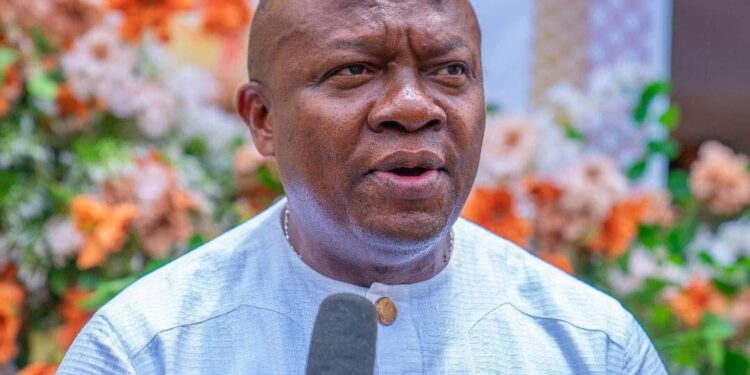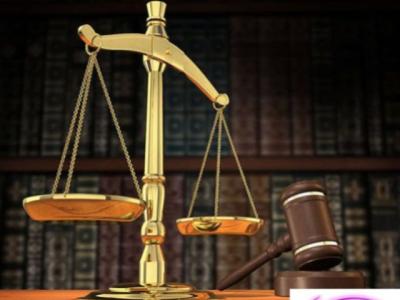ABUJA, Nigeria – Valentine Ozigbo, a 2021 Anambra Gubernatorial Candidate and one of Nigeria’s most prominent political reform advocates, has condemned what he described as a “dark day for democracy” after the Supreme Court refused to hear his appeal challenging the outcome of the controversial outcome of the All Progressives Congress (APC) primary election in Anambra State.
In a strongly worded statement issued on Wednesday, October 29, 2025, titled “Unbroken: We Will Not Bow to Darkness,” Ozigbo accused the nation’s highest court of yielding to “anti-democratic forces” and failing to uphold the principles of justice and due process.
“Under the shadow of intimidation, our lawyers were silenced, and our case — a case of truth, merit, and hope — was denied a hearing,” Ozigbo said.
 “They announced their verdict without listening, decided without examining, and declared without conscience.”
“They announced their verdict without listening, decided without examining, and declared without conscience.”
The Supreme Court’s decision followed a months-long legal battle over the legitimacy of the candidscy of Nicholas Ukachukwu who was declared the winner of the APC governorship primary conducted in April 2025.
Ozigbo, who participated in that primary amd was announced second place winner, had contested the result, insisting that the process was marred by fraud, manipulation, and non-compliance with both party guidelines and the Electoral Act.
The Federal High Court and the Court of Appeal had earlier issued conflicting rulings, setting the stage for what was widely expected to be a decisive Supreme Court judgment.
Instead, the court session on Monday took an unexpected turn when Ozigbo’s legal team — reportedly acting under duress — withdrew the appeal amid allegations of intimidation and pressure.
While the Court proceeded to dismiss the matter, Ozigbo maintained that the withdrawal was “forced and orchestrated” by powerful interests determined to shield the irregularities of the April primary from public scrutiny.
“This is not just an injury to one man,” he wrote. “It is a deep wound to Nigeria’s democracy — another painful reminder of a judiciary captured and in urgent need of redemption.”
Despite the setback, the multiple-award-winning global CEO vowed to continue his reform mission through faith, civic mobilisation, and non-violent resistance.
“We will not retreat. We will not surrender. We will not let darkness write our destiny,” Ozigbo declared.
“We will fight — not with bitterness, but with purpose; not with violence, but with vision; not for power, but for Nigeria’s soul.”
Ozigbo’s message, invoking scripture and moral imagery, positioned his movement as a broader struggle for national integrity rather than personal ambition.
“Let history record that when others chose silence, we spoke; when others compromised, we stood,” Ozigbo said.
“Oppression may win a moment, but righteousness wins history. The oppressed who stand with God always have the last laugh.”
The immediate past President and Group CEO of Transcorp Plc and the Convener of the Valiant Movement — a civic leadership network dedicated to raising ethical, community-rooted leaders — said the ruling had only strengthened his resolve to build a “moral revolution” in Nigerian politics.
He described the incident as part of a larger spiritual and civic test confronting Nigeria’s institutions, saying the nation’s redemption would come from the courage of its citizens and the reawakening of faith in divine justice.
“When others curse the darkness, we must light a candle,” the Founder of eponymous non-profit, VCO Foundation said. “Our faith is stronger than their fear.”
As reactions continue to trail the ruling, many of Ozigbo’s supporters have taken to social media, hailing his statement as “the speech of a statesman” and “a rallying cry for a new Nigeria.”
For now, Ozigbo insists his fight is far from over.
“We are valiant. We are unbroken. We are not done,” he said. “Aka Chukwu di ya. Ka Anambra Chawapu.”






